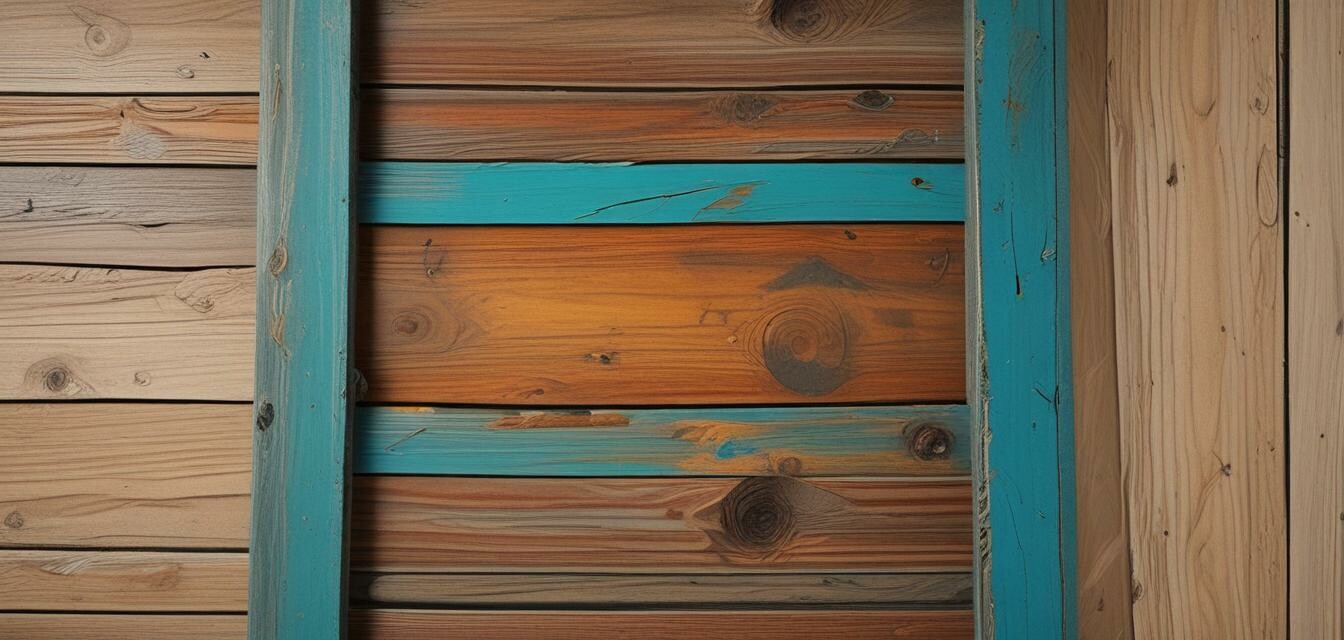
Upcycling Wooden Furniture: A Sustainable Approach
Key Takeaways
- Upcycling is an eco-friendly practice that extends the life of wooden furniture.
- Creative redesign can transform old items into unique, stylish pieces.
- Choosing sustainable materials and methods is essential for eco-conscious upcycling.
- Upcycling can save money while reducing waste.
- Every upcycled piece has its own story and character, making it one-of-a-kind.
In a world increasingly focused on sustainability, upcycling wooden furniture has become a favored approach for those wishing to blend creativity with eco-friendly practices. Upcycling not only allows individuals to save money but also encourages them to think about the environmental impact of their consumption choices. This article serves as your comprehensive guide on how to reimagine and redesign existing wooden furniture, helping you contribute to a more sustainable lifestyle.
What is Upcycling?
Upcycling is the process of transforming unwanted or old materials into something of better quality or value. In the context of furniture, this often means taking an old, worn-out piece and reworking it into a unique, functional item. Upcycling is not just about throwing a fresh coat of paint on furniture; it's about creatively reinterpreting and enhancing its inherent beauty.
Benefits of Upcycling Wooden Furniture
- Sustainability: Reduce waste by repurposing items that might otherwise end up in landfills.
- Cost-effective: Upcycling can save you money by allowing you to create new pieces from old ones.
- Customization: You can personalize your furniture according to your style and preferences.
- Storytelling: Each upcycled piece has its own history, making it a conversation starter.
Getting Started with Upcycling
To start your upcycling journey, gather the necessary tools and materials. Here’s a list to help you prepare:
Beginners Section
- Old wooden furniture piece
- Sandpaper or sanding block
- Paint or wood stains
- Brushes and rollers
- Wood glue and clamps
- Varnish or sealant
- Protective gear (gloves, mask)
Creative Ideas for Upcycling
Here are some popular upcycling projects you can consider:
- Transforming Dressers: Convert an old dresser into a unique bathroom vanity.
- Chair Makeover: Reupholster or paint old chairs for a fresh new look.
- Table Revamp: Turn an old coffee table into a stylish bench.
- Shelving Units: Rearrange and repaint to create modern storage solutions.
Step-by-Step Upcycling Process
Follow these steps to effectively upcycle your furniture:
- Select Your Furniture: Choose a piece that intrigues you.
- Assess Condition: Determine what repairs or upgrades are needed.
- Gather Supplies: Collect the tools and materials on your checklist.
- Prep the Surface: Sand or clean the furniture to ensure better adhesion of paint or stains.
- Be Creative: Paint, stain, or even add new hardware for transformation.
- Seal the Finish: Use varnish or sealant to protect your creation.
Inspiration for Upcycling Projects
To help you get started, here are some examples of successfully upcycled wooden furniture:
| Project | Before Image | After Image |
|---|---|---|
| Old Coffee Table | ||
| Wooden Chair | ||
| Vintage Dresser |
Highlighting Products for Your Upcycling Needs
As you work on your upcycling projects, consider using quality materials. Here’s a great product to help you achieve fantastic results:
Custom Address Plaque
A hand-crafted wooden address sign made from high-quality, marine-grade wood. Perfect for unique outdoor decor.
Learn MoreTips to Maintain Your Upcycled Furniture
Once your piece is upcycled, ensure its longevity through proper maintenance:
- Regularly dust and clean with a damp cloth.
- Avoid direct sunlight to prevent fading.
- Reapply sealant every few years to maintain protection.
- Handle with care to avoid scratches or dents.
Conclusion
Upcycling wooden furniture is not only a fulfilling project but also a valuable contribution to sustainability. By creatively reimagining what old furniture can become, we embrace a mindset that values the environment while expressing our personal style. So, gather your tools and start your upcycling journey today!
Further Reading
If you're interested in learning more about sustainable practices, check out these resources:
